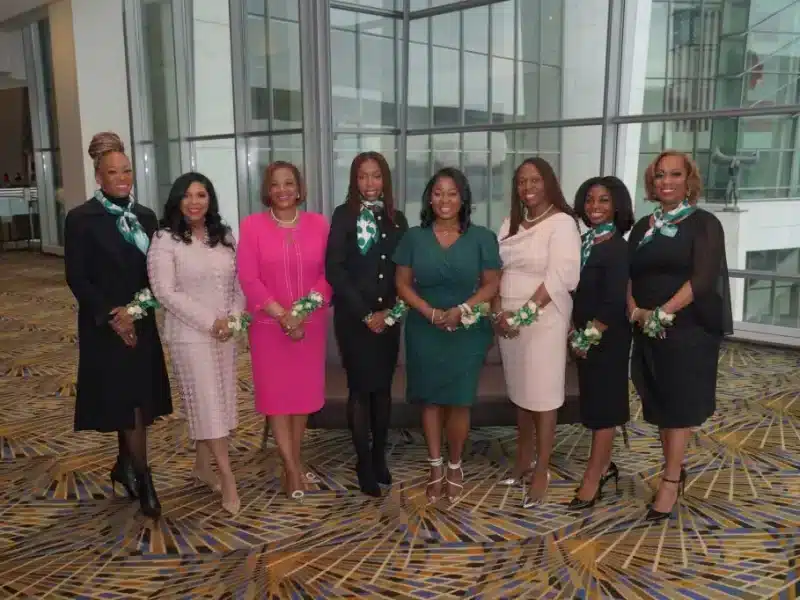Charter Reform Spells Change for Detroit
They say good things take time, and this will. Revising the city’s charter could spell great things for Detroit. But what type of change will come of it, and who will make those decisions? Voters, a lot of that is up to you.
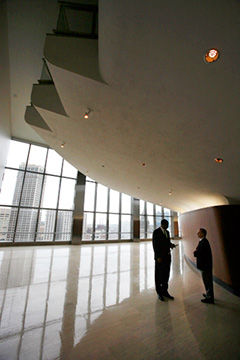 A special mayoral election was held this past May where former Piston star turned businessman Dave Bing went up against, and beat, incumbent mayor Ken Cockrel Jr., the City Council president who replaced Detroit’s He Who Must Not Be Named after a certain text message fiasco.
A special mayoral election was held this past May where former Piston star turned businessman Dave Bing went up against, and beat, incumbent mayor Ken Cockrel Jr., the City Council president who replaced Detroit’s He Who Must Not Be Named after a certain text message fiasco.
It was a big deal, fraught with talk of change and hope and revival, and now we get to do it all again this fall. So many elections … Need an aspirin?
But, back to that special one this spring — Cockrel and Bing weren’t the only thing on that May ticket.
The side B to this election was Proposal C. The proposal won, with nearly 79 percent of the voters pulling yes, and established a panel to reform the city’s current but dusty charter.
The charter, if you’re unaware, is the blueprint, the foundation, for Detroit’s government. It’s what the Constitution is to the United States. It’s what steel beams are to a skyscraper. It’s what ground round is to a cheeseburger. You get the point.
But reformers say the charter right now is vague, among other things. That’s why certain mayors couldn’t be removed by City Council. That’s why certain mayors took the city to the courts and spent $6 million dollars of taxpayers’ money in litigation. And that’s why City Council seemed like a toothless 90-year-old man trying to chew up a three-day old rump roast when it came to said removal attempts.
The vagueness of the charter is, again, just one point of potential change. But
it would be the first step in a number of steps in shaping Detroit for the
future. Charter reform, when it’s all said and done, has the
potential to illuminate residents’ power in city government and quite possibly mold Detroit into a manageable, resident-oriented community.
But it starts with cleaning up the language.
Clean up the language
The charter’s vague language isn’t necessarily a mistake of the past, though. It became vague because things change and, unfortunately, there is not crystal ball that tells the future.
“The charter was rewritten in the ’70s” — from its original 1918 version —
“and amended in ’97, so the language right now is extremely vague.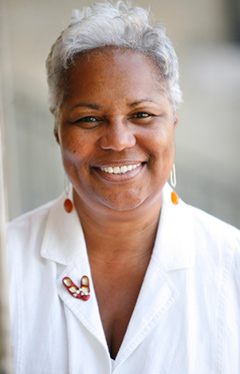 As the city encounters more problems and new challenges, the older language just doesn’t work,” says Andrew Thomas Linn, charter commission candidate and co-owner, along with his sister Emily, of the Detroit design company City Bird. “This is a different time, a different place. It’s hard to anticipate change. And of course hindsight is 20/20, but we really do need to clean up the language and think about the future generations of Detroit.”
As the city encounters more problems and new challenges, the older language just doesn’t work,” says Andrew Thomas Linn, charter commission candidate and co-owner, along with his sister Emily, of the Detroit design company City Bird. “This is a different time, a different place. It’s hard to anticipate change. And of course hindsight is 20/20, but we really do need to clean up the language and think about the future generations of Detroit.”
Only 15 percent of little more than 600,000 registered voters made it out for the May vote, but many viewed the overwhelming success of the proposal’s win as a testament for change.
“The commission (when elected) is about to write a document that will change the city for the next 10 to 20 years,” says Cara Blount, a retired deputy police chief for the Detroit Police Department and another one of the 44 candidates seeking a seat on the nine-person charter commission in November. “This could shape the city of Detroit of the future. That’s how important this is.”
Nearly 100 petitions were pulled to run for this commission and 44 candidates will be on the ticket for the Aug. 4 primary. Of those 44, 18 will win spots on the Nov. 3 ballot, where nine will be elected to the commission. Once the commission convenes, they have three years to complete the charter reform. Their revised charter then must go to Lansing for approval before it comes back to Detroit for a public vote. Yeah, it’s a lot to put together. Aspirin?
Of course there are other issues for the commission to consider besides hazy language. They may consider ways to downsize the government as population shrinks and to limit who the mayoral appointees.
Right now, the mayor appoints about 100 people, including the directors of nearly every city department. Blount, for one, says that’s too many.
“These appointees work at the pleasure of the mayor,” Blount says. “You can build a political machine with so many appointees. We want these positions to be beholden to the citizens of Detroit, not the mayor.”
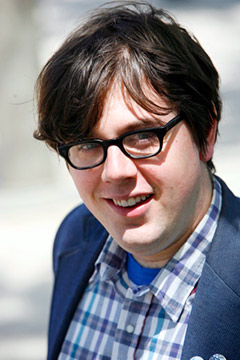 The council by districts question
The council by districts question
Another hot issue the charter commission may consider is the movement toward a City Council based on districts or wards, rather than all at-large council members. There are many variations on how this will work and what the districts may look like, but until the charter commission convenes it’s all just speculation. So, let’s speculate, shall we?
The idea is to have even representation among the various “districts” of Detroit. Currently the city’s nine-member Council is pretty much concentrated in two neighborhoods: Grandmont Rosedale and the Villages, except Council President Cockrel, who lives in Woodbridge.
“The council, at this time, doesn’t represent all of Detroit,” Linn says. “What about Southwest Detroit? What about the Northwest side? Different neighborhoods need different things.”
“A council by districts will have members more entrenched in the community,” says Jenice Mitchell-Ford, another candidate, lawyer, and currently a member on the city’s ethics board. “It could provide better services for citizens by having the communities represented. Things like trash on the streets or lights being out may be addressed quicker.”
Somewhat parallel to this point of council by districts is the referendum that is now headed by former state House Speaker Steve Tobocman of Southwest Detroit. That movement is separate from the charter commission. It aims to put a vote on council by districts on the November ballot. The effort bypasses the commission process, but doesn’t undermine it, Tobocman says.
“They actually work together with support from all sides,” he says. Having a vote would put more of a spotlight on the issue and would get the ball rolling a little more quickly than commission’s process would, he says. Tobocman’s group, however, needs to collect 30,000 signatures to get the issue on the ballot this fall.
The bottom line: change
Reforming of the charter could be the impetus of change for Detroit, its government and its neighborhoods.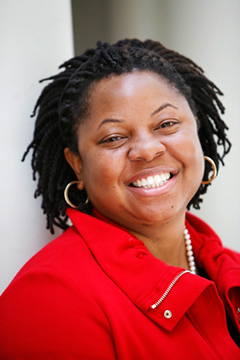 Candidates say a new charter could shrink the size of the government, bring more collaboration between the mayor and City Council, and possibly give more representation to the whole of Detroit.
Candidates say a new charter could shrink the size of the government, bring more collaboration between the mayor and City Council, and possibly give more representation to the whole of Detroit.
But, of course, someone can still screw up a one-car parade, you know?
“The charter is just the framework,” says John Mogk, a Wayne State University law professor familiar with the process. “The success of the city still falls on those elected.”
Mitchell-Ford sees this as an opportunity to educate Detroit’s voters, hoping to avoid electing any candidates for any position who may not exactly be qualified.
“When I go out and talk to people, I ask them if they know what the charter is. If they say no, I explain it to them. If they say yes, I ask them if they are in favor of charter reform,” she says. “We have to get everyone on the same page. If we continue to elect people that are unskilled, no charter will work.”
None of this is going to happen overnight. The reform process takes time. And it’s a heavy process. Detroit needs to keep that in mind.
“We didn’t get this way overnight,” Blount says. “And we’re not gonna get out of it overnight.”
Change may not be around the corner. But it looks like it is down the block.
Terry Parris Jr. lives in Southwest Detroit and can smell change coming a block away. Or maybe that’s the taco trucks.
To download a complete list of all 44 charter commission board candidates click here. Visit the Coalition to Reform the Detroit Charter blog here.
Send feedback here.

